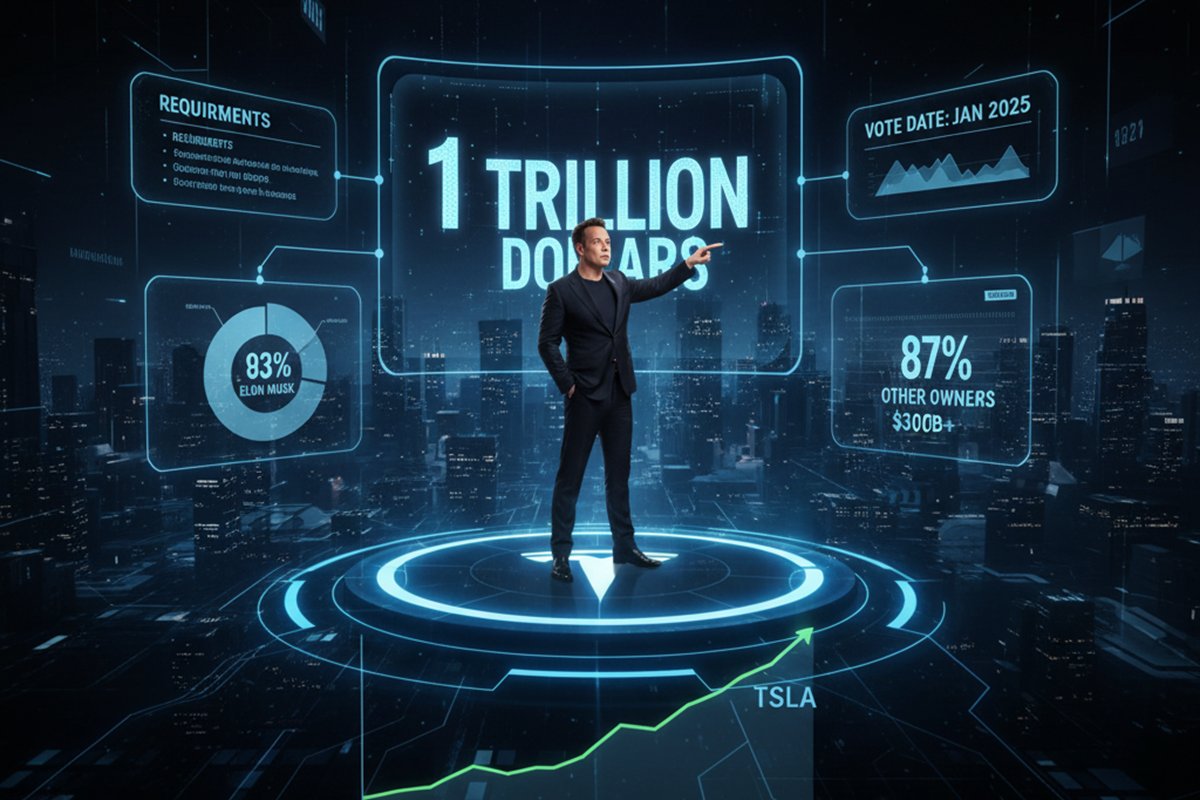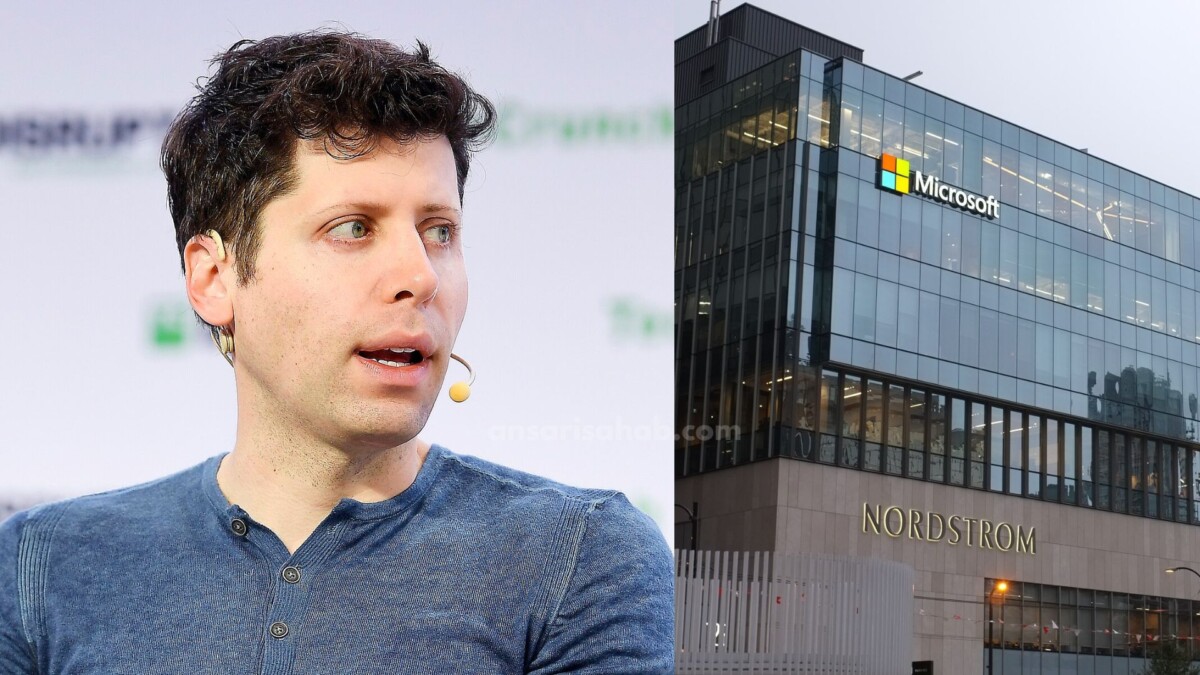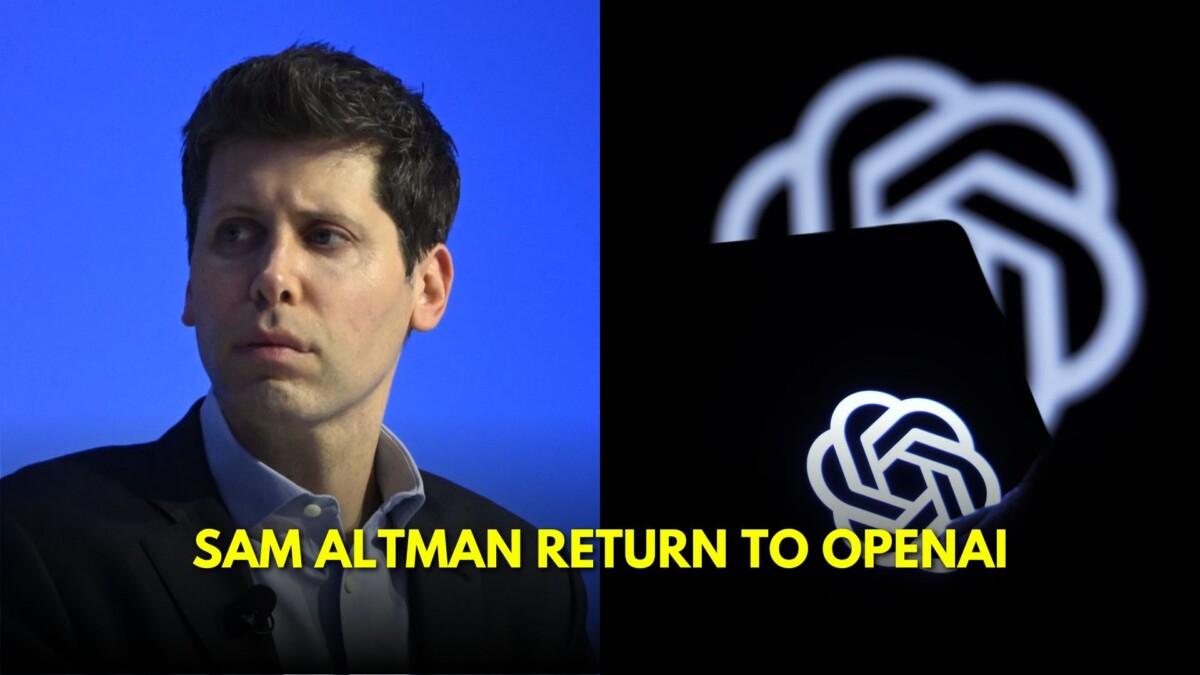Elon Musk is seeking approval for a proposed compensation plan at Tesla, Inc. that could ultimately award him as much as $1 trillion in stock over a decade. The plan is tied to ambitious performance targets and a vote by shareholders is scheduled for November 6, 2025.
What the Pay Package Requires
Under the proposal, Musk will earn nothing unless Tesla hits extraordinary milestones:
- The company must grow its market-capitalisation from roughly $1.1 trillion (as of mid-2025) to about $8.5 trillion.
- Tesla must achieve other key performance goals, such as major expansion of production, new robotics/AI initiatives and continued profitability.
- Musk must remain CEO over the full ten-year term and meet governance benchmarks related to his tenure at the company.
Tesla’s board has emphasised that the package reflects Musk’s “irreplaceable” role during a pivot toward AI, robotics and full-stack integration.
Vote Date and Shareholder Process
Shareholders will cast their votes on the pay package during the annual general meeting scheduled for Thursday, 6 November 2025.
Notably, one major investor — Norges Bank Investment Management, which manages Norway’s sovereign wealth fund — has already announced it will vote against the plan, citing concerns over the size of the award, dilution of existing shares, and “key person risk.”
Musk’s Net Worth and Equity Stake
As of late 2025, Musk remains among the world’s richest individuals, with a net worth assessed at roughly $470 billion to $500 billion.
Regarding his stake in Tesla:
- He currently holds around 15.7% of the company’s outstanding shares.
- Some older sources refer to a 13% stake; however, filings show Musk’s direct ownership in recent months has risen.
Note: The common phrase that “the other 87%” of Tesla ownership lies elsewhere refers to the fact that Musk does not own the majority of shares — with the remainder held by institutions, mutual funds and retail investors.
Who Owns the “Other 87%” of Tesla?
While Musk is the largest individual shareholder, the rest of Tesla’s ownership is distributed among a mix of institutional investors, mutual funds and public shareholders:
- The Vanguard Group holds around 7.8%.
- BlackRock, Inc. holds just under 5%.
- Insiders, retail investors and other institutions collectively hold much of the remainder.
Thus while Musk wields significant control, he does not own anything near 87% of Tesla; the remainder is widely distributed.
Why This Matters
The proposed pay package and ownership structure carry significant implications:
- Governance and control: A compensation award of this magnitude raises questions about shareholder dilution and board oversight. Major funds citing concern over “key person risk” are applying pressure.
- Company trajectory: Tesla’s board argues that Musk’s leadership is central to the next decade of growth — particularly in AI, robotics and energy systems. Approving the package signals shareholder belief in that vision.
- Market sentiment: A rejection by shareholders could unsettle Tesla’s strategy and potentially prompt Musk to depart — the board has warned of that possibility.
Risks and Considerations
- If Tesla fails to reach the lofty performance benchmarks, Musk may receive little or none of the $1 trillion potential award.
- The sheer scale of the award has raised alarms about dilution — meaning existing shareholders could see their holdings’ value diluted if Musk receives additional shares.
- Musk’s ownership, while the largest individual stake, remains a minority percentage. His control depends in part on board mechanisms and voting rules, not pure ownership volume.
Conclusion
Elon Musk’s proposed Elon Musk pay package at Tesla stands as a landmark moment — potentially reshaping the executive compensation landscape. With a vote looming and a staggering payout hanging in the balance (dependent on massive growth and retention of the CEO), both Tesla and its shareholders face a pivotal decision. Whether the board’s argument of Musk’s indispensability holds sway — or whether the concerns over governance, size and dilution prevail — remains to be seen. For investors, employees and market watchers alike, the outcome could set the tone for how tech-driven companies treat their star founders in the decade ahead.









